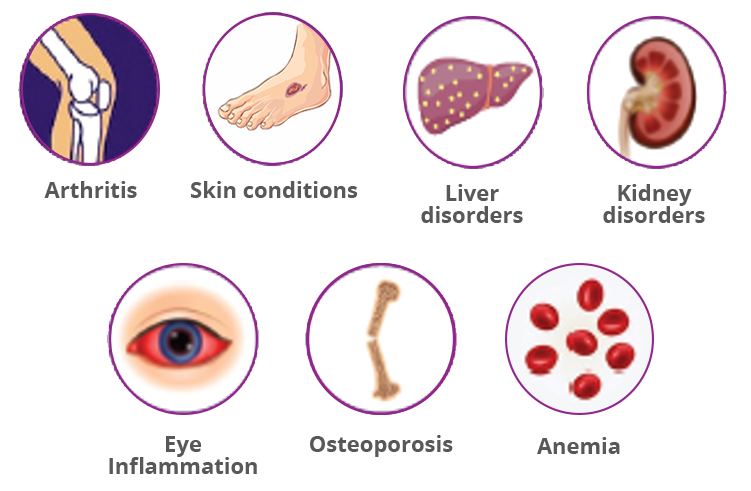COMPLICATIONS OF IBD
IBD, if not managed properly, can lead to several serious complications in the intestines.
Complications of Crohn's disease:
Intestinal obstruction (Stricture): Crohn's disease affects the full thickness of the intestinal wall. Over time, parts of the bowel can thicken and narrow, which may block the flow of digestive contents.
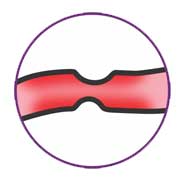
Abscess: A collection of pus, which can develop in the abdomen, pelvis or around the anal area.
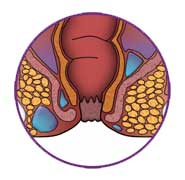
Fistula: Abnormal passages that connect different parts of the intestine, which are caused by deep sores or ulcers within the intestinal tract. Fistulas may also tunnel into the surrounding tissues of the bladder, vagina or skin.

Fissure: Tears or cracks in the lining of the anus. May be superficial or deep. Unlike fistulas, fissures are only in the anus area.
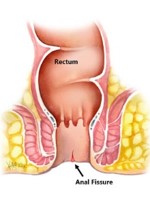
Malnutrition: Diarrhea, abdominal pain and cramping may make it difficult for you to eat or for your intestine to absorb enough nutrients to keep you nourished. It's also common to develop anemia due to low iron or vitamin B12 caused by the disease.

Complications of Ulcerative colitis:
Toxic megacolon: Ulcerative colitis may cause the colon to rapidly widen and swell, a serious condition known as toxic megacolon.

A hole in the colon (perforated colon): A perforated colon most commonly is caused by toxic megacolon, but it may also occur on its own.
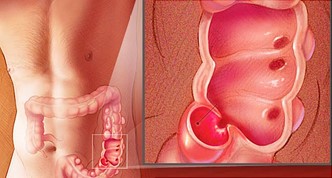
Increased risk of colorectal cancer: There is an increased risk of colorectal cancer among people with IBD. About 5% to 8% of people with UC develop colorectal cancer within 20 years after diagnosis. People with UC have a higher risk of colorectal cancer than those with Crohn's disease.
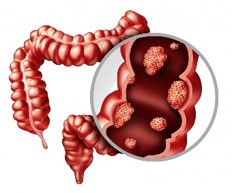
Extraintestinal Complications of IBD:
IBD is more than just gut feelings. IBD can also cause:
- Swollen joints/arthritis
- Osteoporosis
- Eye, skin, liver & kidney problems
- Anemia
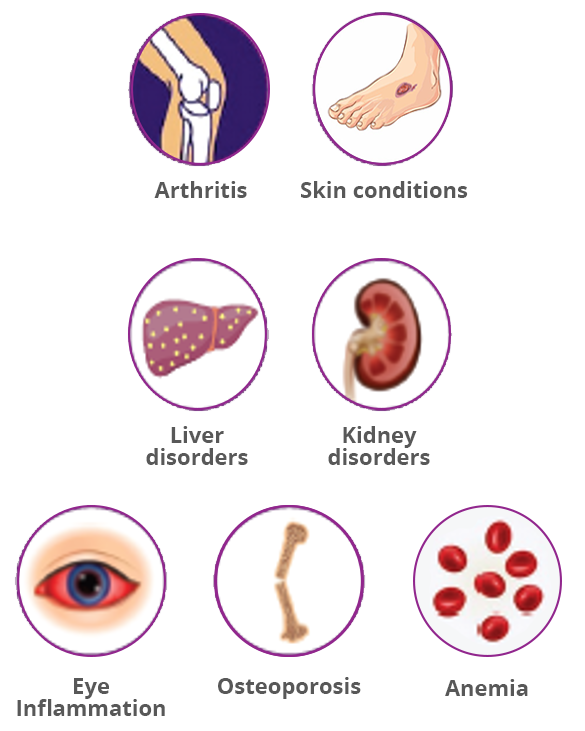
How to reduce your risk of complications:
- Stay on IBD medication to help control inflammation
- Maintain a healthy diet and physical activity
- See your doctor regularly and keep up with routine tests, like colonoscopies
- Detect complications early and treat them promptly
